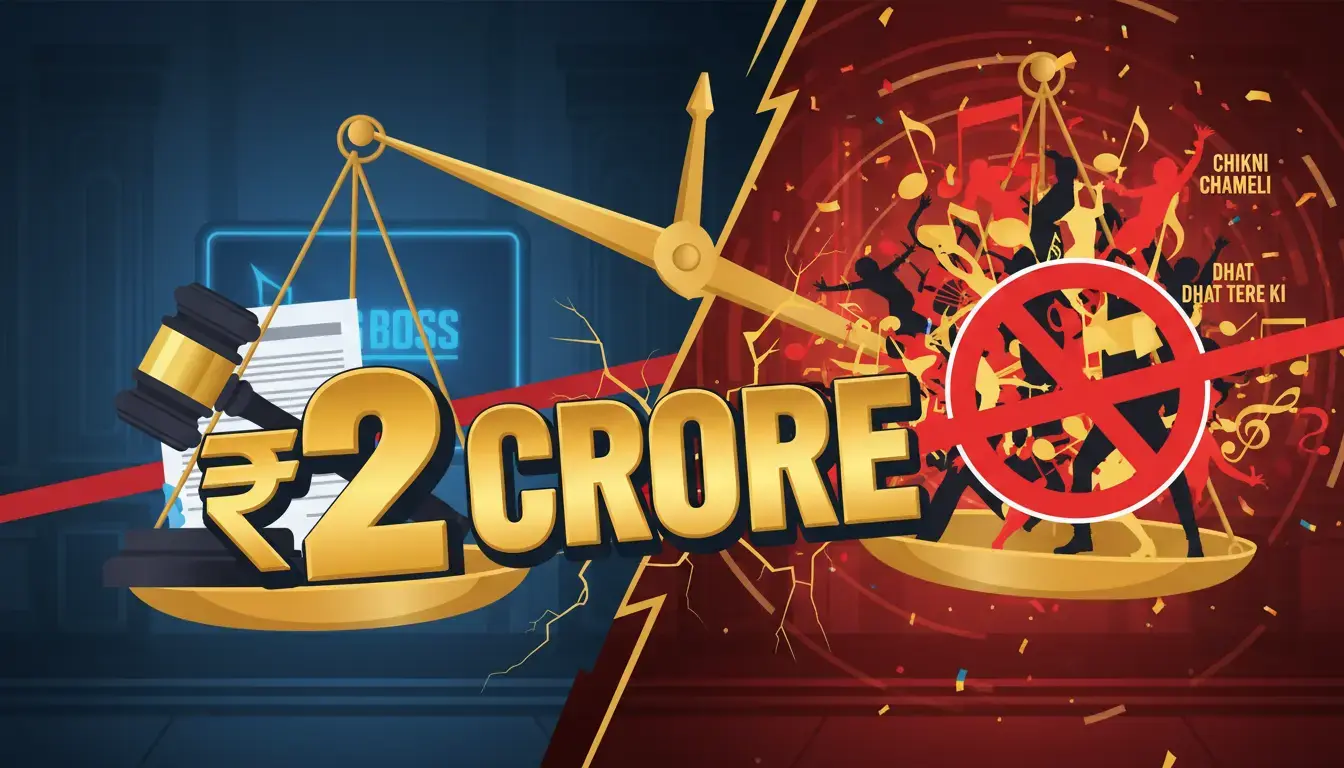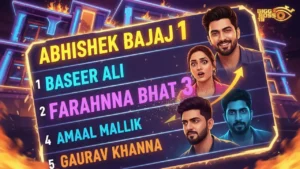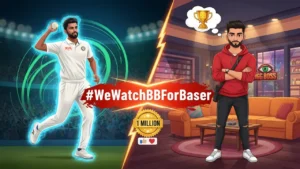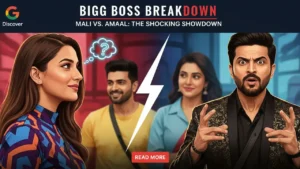India’s most controversial reality show, Bigg Boss 19, hosted by superstar Salman Khan, has reportedly found itself embroiled in a massive legal battle that could cost its makers a staggering ₹2 crore! The shocking lawsuit stems from the alleged unauthorized use of just two popular Bollywood songs, sending ripples through the entertainment industry. But how did two seemingly innocent musical moments lead to such a significant financial and legal challenge for one of television’s biggest franchises?
What the Data Reveals: A ₹2 Crore Copyright Clash
The legal drama unfolded when Phonographic Performance Limited (PPL), an organization that administers public performance rights for sound recordings, served a stringent legal notice to Endemol Shine India, the powerhouse production company behind Bigg Boss 19. The core of the dispute? Episode 11 of the recently premiered season, which aired on September 3, 2025.
During this particular episode, the show allegedly featured two chart-topping Bollywood tracks without obtaining the mandatory public performance license: “Chikni Chameli” from the film Agneepath and “Dhat Tere Ki” from Gori Tere Pyaar Mein. Both songs are licensed to Sony Music Entertainment India, with their public performance rights exclusively managed by PPL. This isn’t a minor oversight; PPL is demanding a hefty ₹2 crore (₹20 million) in damages, alongside the necessary license fees, highlighting the severe consequences of copyright infringement.
Real-Life Examples: The Strict World of Music Rights
Imagine producing a multi-million dollar show, only to face a monumental lawsuit over a few minutes of music. This isn’t a unique scenario; copyright laws are incredibly stringent globally. PPL’s action against Endemol Shine India serves as a stark reminder that even giants in the entertainment industry are not exempt from securing proper licenses for any copyrighted material used in their productions. The notice even names the production house’s directors—Thomas Gousset, Nicolas Chazarain, and Deepak Dhar—underscoring the personal accountability involved.
The legal notice also includes a crucial cease-and-desist order, which prohibits Bigg Boss 19 from further using PPL’s sound recordings without explicit authorization. This move protects the intellectual property of artists and record labels, ensuring they are compensated fairly for their creative work. The unauthorized use, in this case, is specifically cited as a wilful infringement under Section 30 of the Copyright Act 1957.
What You Should Do Next: Lessons for Content Creators
This high-profile case offers critical insights for anyone involved in content creation, from major production houses to independent digital artists:
- Always Secure Licenses: Never assume a song or any creative work can be used without permission. Public performance licenses are vital for broadcasted content.
- Understand Copyright Law: Familiarize yourself with national and international copyright acts. Ignorance is not a defense, and penalties can be severe.
- Verify Rights Holders: Before incorporating any music, confirm who owns the rights and obtain the necessary clearances from the correct licensing body, like PPL for sound recordings.
- Budget for Music: Allocate appropriate funds for music licensing in your production budget. It’s an investment, not an optional expense, to avoid future legal headaches.
The Bigg Boss 19 lawsuit isn’t just a headline-grabbing scandal; it’s a significant lesson on the unwavering importance of intellectual property rights in the entertainment world. As the legal proceedings unfold, the industry watches closely, serving as a powerful warning to always respect the creative rights of others.
What are your thoughts on this high-stakes copyright battle? Share your opinions in the comments below!




